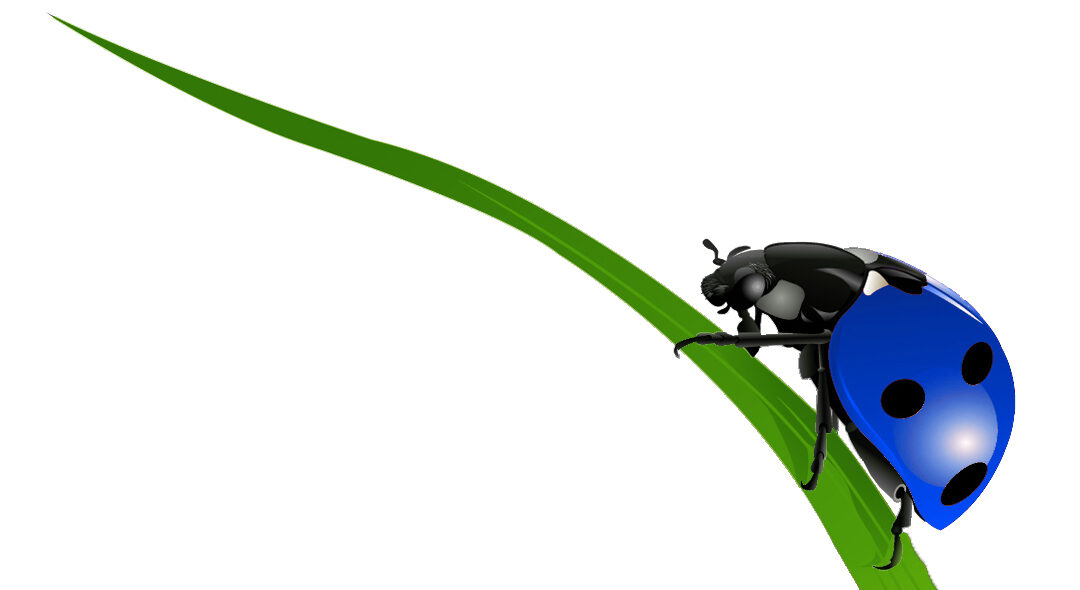As a teacher, I spend my time with my students both helping them to understand music as well as make it, and one of my favorite conversations with them is talking about why they make music as well as why I make music. There are always the usual pat answers when it comes to the Why of musical performance, like “to show everyone what I’m learning,” or “to share a piece I like so that someone else can like it too,” and both of those are true, but one of my favorite conversations often delves deeper into the function that music has in our lives and what it does and what it means.
In 2004, Karl Paulnack gave what I consider to be one of the best and most well-distilled addresses ever written on making music to the parents of the incoming class of freshmen at Boston Conservatory, and his thoughts pretty much perfectly encompass what function music can serve to those of us experiencing it:
Music has a way of finding the big, invisible moving pieces inside our hearts and souls and helping us figure out the position of things inside us.
I think that Paulnack perfectly pinpoints the crux of what music brings to our lives that reaches far beyond simply the moment we experience the sounds that touch us. When we share a piece of music that we have poured our hearts, our efforts, our time into bringing to life, that becomes a connection to those who experience those sounds that we make. Every phrase becomes a communication, and it speaks not only of what the composer wrote into that music but also what we bring to its creation as performers and what the listener brings into that space as a person. It can create not only a space for ethereal escape, but also for profound presence and humanity.
One of the things I have most missed in the past year and more of pandemic distancing is the ability to share a sonic space with other people for exactly this reason. One of the most essential tragedies in terms of the art that I’ve spent so many years honing and teaching during this time is that for more than a year we lost the ability to experience the profound depths of connection to what we cannot express in words in communion with other humans in time and space. And yet, we know that when we were separated from our community by social distancing and lockdown, what humanity turned to was art for solace. Netflix, Amazon Prime, and YouTube may have truly saved our souls in the lonely darkness that we’ve traversed this past year. The music community pivoted to some extent, and thankfully there have been huge and long overdue advances in experiencing music at a distance. Online concerts, virtual ensembles, streaming broadcasts. Art wasn’t lost, but then it never could be, because after all we carry it within ourselves.
Art is part of survival; art is part of the human spirit, an unquenchable expression of who we are. Art is one of the ways in which we say, ‘I am alive, and my life has meaning.’
-Karl Paulnack
It has become more evident to me than ever before that to experience music is indeed a form of therapy, a form of catharsis, and a necessary means to tap into the joy, the sorrow, and the horror of our collective experience. It has also become more evident to me than ever before that it is imperative that we protect, nurture, and enable the artists around and among us to share the work of their lifetimes so that we can provide a space for healing and recovery as we move forward. It is also important to remind ourselves that as musicians, what we do matters to humanity and is, to put a fine pandemic point on it, essential. As Paulnack so rightly puts it:
music is not part of ‘arts and entertainment’ as the newspaper section would have us believe. It’s not a luxury, a lavish thing that we fund from leftovers of our budgets, not a plaything or an amusement or a pass time. Music is a basic need of human survival. Music is one of the ways we make sense of our lives, one of the ways in which we express feelings when we have no words, a way for us to understand things with our hearts when we can’t with our minds.
-Karl Paulnack
So, to my students and colleagues and friends, I would remind you that you matter. Your voice matters. Your art matters. What we do here is more than the sum of the notes on the page, in our head, in our hands, in our hearts. What we do here is as human as anything that has ever existed, and can save lives, hearts, souls. Please keep sharing your music, and I look forward to that shared connection.
The full version of Karl Paulnack’s excellent address can be read on the Boston Conservatory website, and I encourage you to read it in its inspiring entirety.
I’m eager to hear what y’all are thinking about this! What music moves you? If you’re a musician, what has been one of your favorite performances or what are you most looking forward to sharing in performance? Leave your thoughts in the comments!
